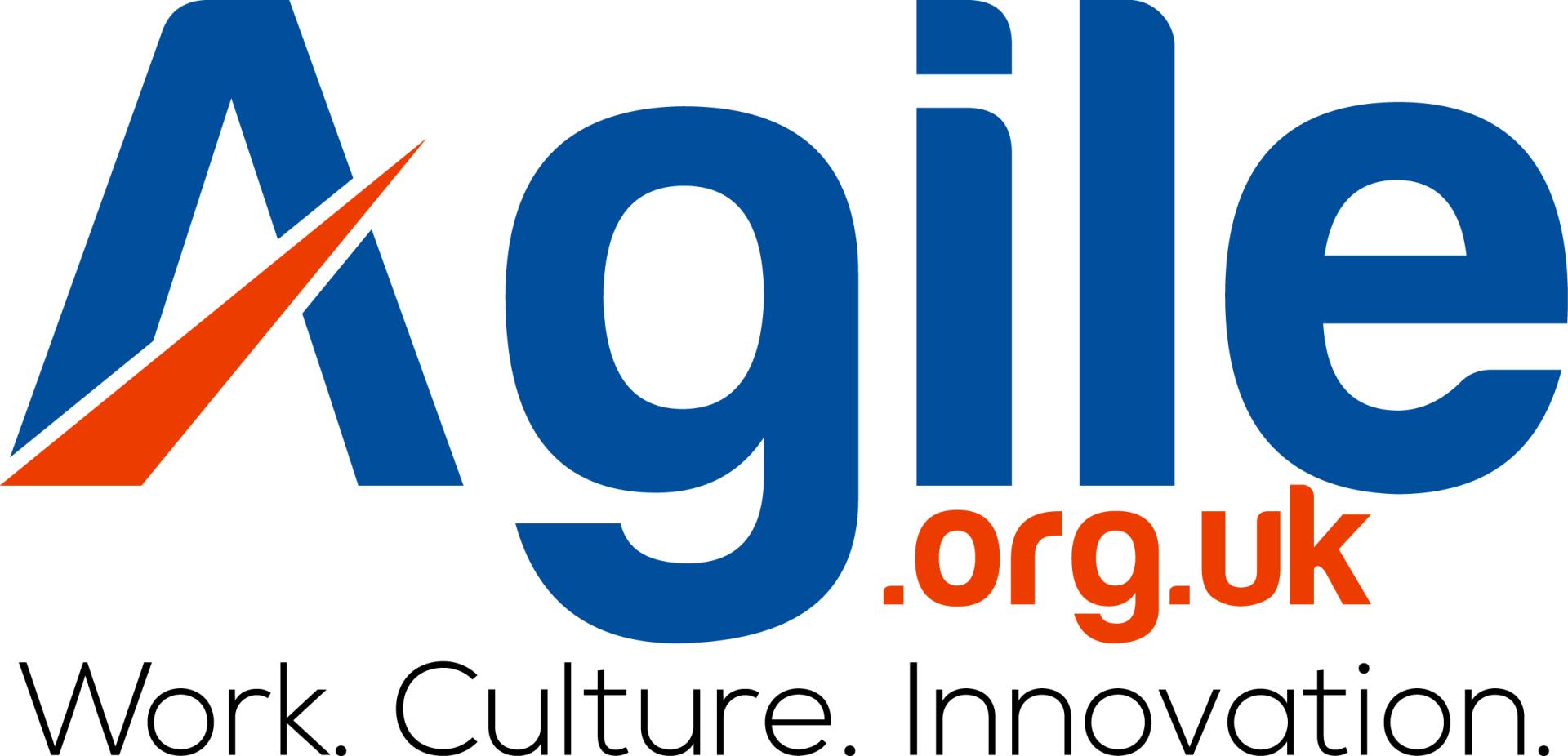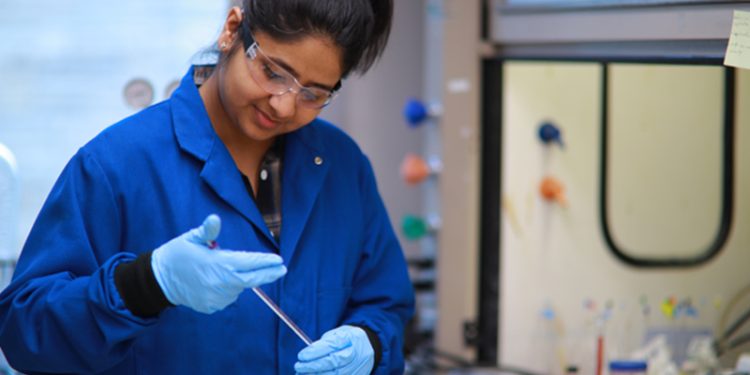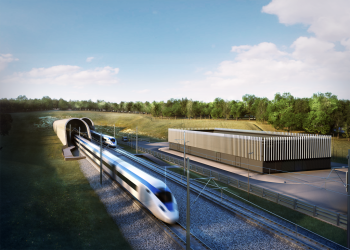Toxicology risk assessments are pivotal components in the manufacturing sector that often go unacknowledged. These comprehensive evaluations serve as preventive measures, safeguarding businesses, employees, and end consumers. The purpose of this discourse is to delve into the essence of toxicology risk assessments and shed light on their indispensable role in manufacturing.
Defining Toxicology Risk Assessments
Toxicology risk assessments analyse the hazardous nature of chemical substances to determine their impact on human health and the environment. Scientists and toxicologists conduct meticulous tests to quantify the risk levels associated with the use, production, or disposal of these chemicals.
Through toxicology risk assessments, companies can anticipate the inherent hazards of the materials they deal with. These findings often drive changes in product formulation, process modification, and safety procedures, ensuring the well-being of all involved parties.
Aiding Compliance and Regulation
Compliance with industry standards and regulations is an ongoing challenge for manufacturing businesses. Oftentimes, companies find it difficult to adhere to the myriad of guidelines set forth by governing bodies. Engaging in toxicology risk assessments with reputable companies can facilitate this compliance process, providing verifiable data that corresponds to regulatory benchmarks.
For instance, the Broughton Group is a well-known service provider offering toxicity consulting. Their work assists companies in meeting the legal prerequisites, thereby ensuring your product is as safe as can be.
Enhancing Employee Safety
Manufacturing facilities are fraught with hazards. From high-powered machinery to hazardous chemicals, workers are often at the frontline of potential risk factors. Toxicology risk assessments empower employers to recognise these dangers, thus, enabling them to institute proper safety measures.
These assessments are integral to the development of training modules, safety guidelines, and protective gear for employees. Not only do they contribute to a more secure working environment, but they also boost employee morale by demonstrating an employer’s commitment to their well-being.
Benefits to Consumers and Environment
While the immediate advantage of toxicology risk assessments is apparent within the manufacturing facility, their influence extends far beyond. The assessments are instrumental in evaluating the long-term impacts of chemicals on consumers and the ecological system.
By identifying hazardous substances early in the manufacturing process, companies can make necessary adjustments. This proactive approach guarantees that the end products are safer for consumption and less detrimental to the environment, underscoring the manufacturer’s social responsibility.
Financial Upsides
Toxicology risk assessments might appear to be an added expense, but the investment typically translates into cost-savings in the long run. A robust assessment can help in averting costly mishaps such as accidents, product recalls, loss of consumer confidence or legal troubles. Such proactive measures often result in lower insurance premiums for the business.
When a company demonstrates a solid track record of safety and compliance, it gains a competitive edge in the market. An excellent safety record can enhance brand image, attract investors, and win consumer trust, thereby contributing to overall profitability.
A Brief Summary
Toxicology risk assessments are not a mere formality; they are a necessity in the modern manufacturing landscape. From ensuring regulatory compliance and enhancing employee safety to benefiting consumers and the environment, these assessments offer comprehensive advantages. While they may involve initial investments, the long-term financial gains and the incalculable value of human life and environmental conservation far outweigh the costs. It’s time manufacturing businesses recognise the critical role of toxicology risk assessments in shaping a more sustainable, secure, and profitable future.













